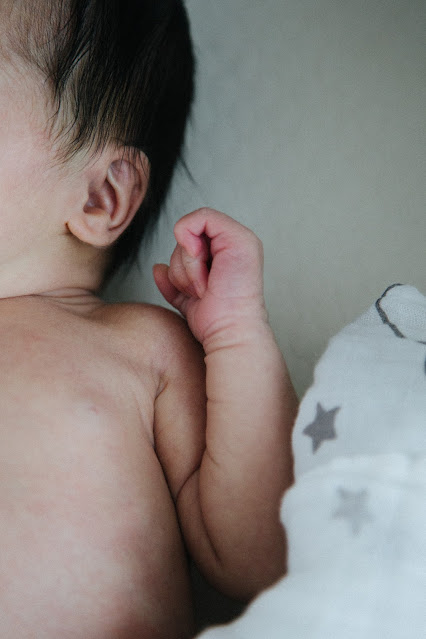As a first-time parent, it's essential to be prepared for anything and everything. That includes being ready for when your baby gets sick. Unfortunately, babies are prone to getting sick with various common illnesses, from the common cold to RSV. In this blog post, we will discuss 5 of the most common baby ailments and how to treat them. We'll also provide some tips on how to prevent your baby from getting sick in the first place.
Photo by Colin Maynard on Unsplash
Diarrhea
Diarrhea is a common ailment in babies and can be caused by several things, from eating too much sugar to drinking contaminated water. If your baby has diarrhea, it's important to keep them hydrated by giving them plenty of fluids such as Pedialyte or sports drinks (avoid apple juice or other sugary drinks). You can also give them electrolytes in the form of an over-the-counter rehydration solution. If the diarrhea does not clear up after a few days or your baby becomes dehydrated, take them to see a doctor.
Fever
A fever is often the first sign that your child is sick. It usually goes away on its own within a few days and is no cause for alarm unless it lasts longer than this or if the temperature gets above 104°F (40°C). A fever can be caused by something as simple as having too many blankets over them during sleep time. When babies have fevers, we recommend using cool cloths to help bring down their body temperature until they feel better. Try placing wet washcloths under armpits or behind knees; make sure not to get them wetter than that, though, because then it may actually raise instead of lowering. You could also give your child some acetaminophen (Tylenol) to see how long an ibuprofen tablet works before going back to bed for the night. If your baby is experiencing a fever and it lasts longer than three days or has an infection, contact their doctor immediately.
Respiratory Syncytial Virus (RSV)
RSV is a common ailment in babies and can be caused by anything from exposure to smoke at home or daycare centers where other kids are sick with this virus. It's vital that you keep up on regular check-ups with your pediatrician so they can monitor how often your child gets infections like this one during cold season because there could potentially lead to pneumonia which would require hospitalization time. The best way to prevent getting RSV? Wash hands frequently, don't let others touch them often (especially if they've just been playing outside or in the dirt and grass), keep up immunizations as per schedule provided by doctor appointments.
The Common Cold
A common cold is a viral infection that causes congestion and coughing. It usually lasts for about two weeks but can be longer depending on the severity of symptoms. The best way to treat it is with rest, fluids (such as Pedialyte or other electrolytes), Tylenol/Motrin, decongestants like Sudafed PE (phenylephrine) which does not contain any pseudoephedrine, so it's safe for children under 12 years old. If your child has a fever higher than 100°F (37.77°C), consider taking them to see their doctor to rule out anything else with him besides just being sick.
Ear Infection
Ear infections are very common among babies and young children because they have smaller eustachian tubes than adults, making drainage harder. This leads to fluid getting stuck inside, where bacteria then grow, causing an infection that needs treatment. The best way to treat an earache is with ibuprofen (Advil) or acetaminophen (Tylenol). You can also take your child to a Pediatric Chiropractor. If your child has a fever higher than 100°F (37.77°C), take them to see their doctor in order ensure nothing else is going on besides just being sick.

